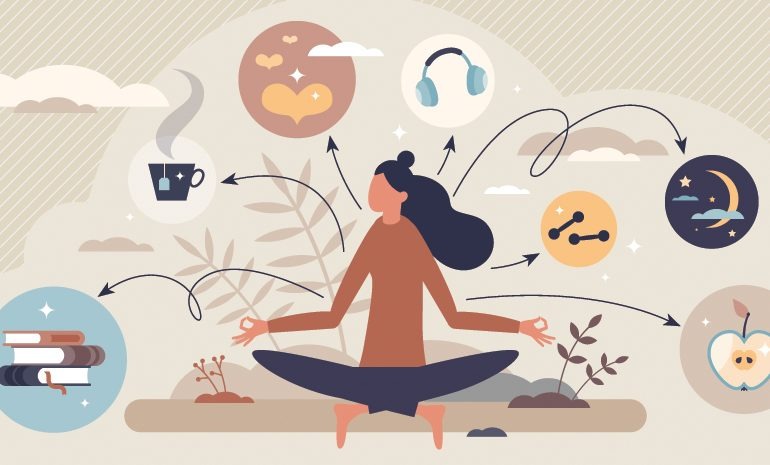Self-care has become a buzzword in recent years, but its significance goes far beyond trendy social media posts. It’s about making time to prioritize your mental, emotional, and physical well-being. In a world that constantly demands more from us, we often forget to take care of ourselves, which can lead to burnout, anxiety, and a decline in overall health. This article explores the importance of self-care and offers practical tips for integrating it into your daily life.
What is Self-Care?
Self-care refers to the activities and practices that individuals engage in to maintain or improve their health. These activities can range from physical care, such as exercise and nutrition, to mental care, like practicing mindfulness or setting boundaries. Self-care isn’t just about pampering oneself—it’s a holistic approach to well-being that addresses the body, mind, and soul.
The Benefits of Self-Care
- Mental Health Improvement
Self-care has a profound impact on mental health. By engaging in activities that promote relaxation and reduce stress, such as meditation or hobbies you enjoy, you can improve your emotional resilience and overall mental clarity. - Reduced Stress Levels
When life gets overwhelming, taking a step back to recharge is essential. Regular self-care can reduce cortisol levels, the stress hormone, and help maintain a balanced response to challenges. - Increased Productivity and Focus
Taking care of your well-being helps you stay sharp and focused. When you prioritize your needs, you’re more likely to perform at your best both at work and in other areas of life.
Practical Self-Care Practices
- Mindfulness and Meditation
Taking time for mindful practices can help reduce stress, improve focus, and provide a mental break from the hustle and bustle of daily life. - Physical Exercise
Regular physical activity is essential for maintaining good health. Whether it’s a daily walk, yoga, or a more intense workout, physical exercise boosts your mood and energy levels. - Sleep Hygiene
Proper rest is one of the most important components of self-care. Quality sleep enhances cognitive function, improves mood, and supports the body’s repair processes. - Journaling
Writing about your thoughts and feelings can provide emotional clarity and reduce anxiety. Journaling allows you to express yourself freely, helping you to reflect on your day or process difficult emotions. - Setting Boundaries
One of the most important yet challenging aspects of self-care is learning how to say no. Setting boundaries helps protect your time, energy, and emotional well-being.
Conclusion: Prioritizing Self-Care for a Happier Life
In today’s fast-paced world, it’s easy to neglect your own needs. However, making self-care a priority can lead to a more fulfilling and balanced life. By recognizing the importance of self-care and adopting simple strategies to incorporate it into your routine, you can significantly improve your mental, emotional, and physical health.
